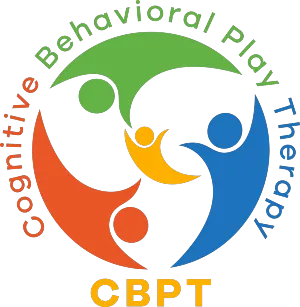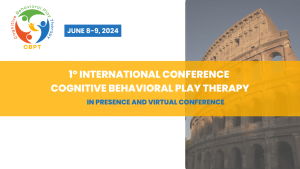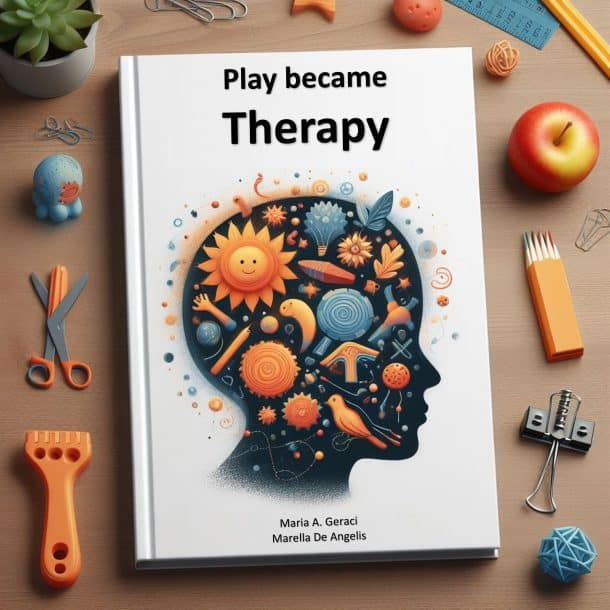PARENT TRAINING
Parent Training is a proven intervention aimed towards parents and treatment of various behavioral difficulties of their children. The purpose of Parent training intervention is to structure, in a preventive perspective, a program that allows parents to establish positive behavioral and communicative relationships and habits.
CBPT Research Center uses Cognitive Behavioral Parent Training (PTCC) intervention has a specific effect in improving the sense of parental competence, partner support and attunement with their own child (Pezzica; Bigozzi; 2015).

HOW IS THE COURSE ORGANIZED?
The Parent Training intervention is generally structured according to three different “phases” (Vio, Marzocchi & offers; 1999).
– The first introduction section involves understanding the problem, preparing for change and defining the problem. During the meetings aimed at understanding the problem, correct information is provided about the difficulties of the child. Realistic expectations are created towards the Parent Training intervention.
– The second phase introduces various educational techniques aimed at managing the child’s behavior. The primary objective of this phase is to provide concrete help to parents to structure their life.
– The third and final section focuses on the generalization and use of everything that parents learned during the Parent Training course. Attention will be paid to the recognition of “warning” events concerning the problematic behaviors of the child, in order to act in advance.
Parents are taught to give clear instructions, positively reinforce acceptable behaviors, ignore certain problem behaviors, and use punishments effectively.
Alongside the teaching of behavioral techniques, the interpretation that parents make of the child’s negative behaviors is a very important step.In fact, teaching parents to use these strategies is a hallmark of behavioral parent training.
In the Parent Training path, great attention is paid to observing the behavior of children, within the parent-child relationship. In fact, it is important to facilitate as much as possible the arduous task of reporting events without interpreting them. The ultimate goal of Parent Training is twofold. On the one hand, parents are sensitized and helped to understand how to interact with their child. In fact, they can develop realistic causal attributions, in relation to their child’s behavior. Furthermore, they stimulate themselves to establish functional behavioral and communication habits, which are the basis for building a serene and reassuring relationship. On the other hand, the parenting support path aims to develop skills in managing relational problems, in order to develop a sense of security and greater awareness in these.


